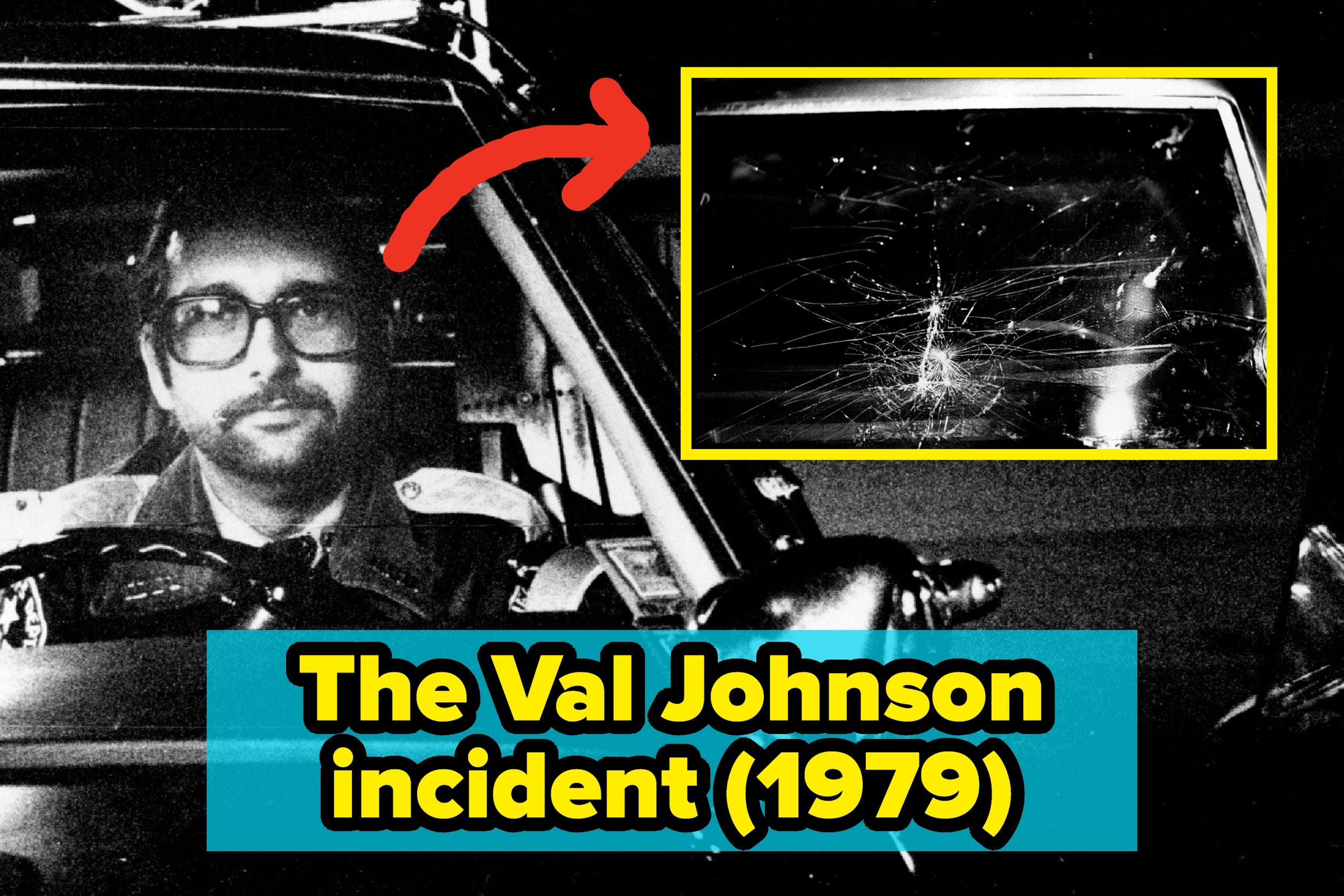 When I was director of the Nixon library, I posted this article on the library's web site from Beijing on Nov. 22, 2002. My photos of the TV taping have been preserved, ironically enough, thanks to anti-PRC blogger Kai Chen.
When I was director of the Nixon library, I posted this article on the library's web site from Beijing on Nov. 22, 2002. My photos of the TV taping have been preserved, ironically enough, thanks to anti-PRC blogger Kai Chen.Ji Chaozhu may remember it as the day Richard Nixon’s younger daughter put him back in the picture.
As Chinese Premier Zhou Enlai's handpicked interpreter, Ji stood at Zhou's right shoulder as he greeted Nixon at Capital Airport in Beijing on Feb. 21, 1972. He went on to serve as China's ambassador to Great Britain as well as a UN under-secretary general. But when the U.S.-born and educated Ji fell out of favor in the murky haze of Communist Party politics, he was airbrushed out of the official Chinese photograph of the Nixon-Zhou handshake (above). While the 73-year-old Ji has long since been restored to a position of respect in foreign affairs circles in Ch
 ina, the altered photo still sometimes pops up in official publications (and Google searches; see the sixth image on the top row).
ina, the altered photo still sometimes pops up in official publications (and Google searches; see the sixth image on the top row).Enter Julie Eisenhower. In Beijing this week to help unveil “Journeys to Peace,” an exhibition about her father’s historic trip jointly assembled by the Nixon library and the Chinese government, she participated in a televised interview with Ji. They shared the stage with life-sized statues of Nixon and Zhou, sculpted for our exhibition by Studio EIS in Brooklyn, New York. Following a stop at the Shanghai Library in December, the Reader’s Digest Foundation-sponsored exhibition will be unveiled at the Nixo
 n library on Jan. 9 (the 90th anniversary of Nixon’s birth).
n library on Jan. 9 (the 90th anniversary of Nixon’s birth).Eisenhower knew about the altered photo and had presented Ji with an autographed copy of the real McCoy (above right) during an earlier visit. She decided to do him one better with the cameras rolling. “I’d like to ask Ambassador Ji to show us where he was standing when my father met Zhou Enlai,” she said. Ji gamely jumped to his feet and took up his accustomed position next to the statue of his late boss. He said he recalled Nixon reaching for Zhou’s hand and saying, “This handshake comes across the vast Pacific ocean and many years of no communication.”
It was one of several bracing moments during a Chinese program called “Let the World Understand You,” taped before an audience of international relations students gathered in the National Museum of Chinese History.
The producers staged a reunion of men and women associated with President and Mrs. Nixon’s visit, ranging from a former server at Bejing’s state guest houses who had helped Nixon with his chopsticks to Zheng Mingzhi, a top Chinese ping-pong player who in 1971 visited Nixon at the White House with her teammates. The PRC having beaten the U.S. that year, Eisenhower asked Zheng if she thought the U.S. might win a rematch. “Well, you’re improving,” she said with a smile.
Seated in the audience’s front row, and described by the program’s host as the most famous person in China, was Zhang Chaoyang, founder and CEO of Sohu.com, the NASDAQ-traded Internet portal. Zhang said he was eight and living in his hometown of Xian when the Nixons visited. He told Eisenhower that while he’d been too young to appreciate the full significance of her father’s visit, it had had dramatic repercussions in his life, enabling him to
 attend MIT and learn about the fledgling Internet (then a Pentagon project begun during the Nixon administration) as early as 1975. He said Nixon's visit helped trigger China’s astonishing economic growth.
attend MIT and learn about the fledgling Internet (then a Pentagon project begun during the Nixon administration) as early as 1975. He said Nixon's visit helped trigger China’s astonishing economic growth.The taping brought back memories of ideological passions in both countries. Zhang Hanzhi, also an interpreter during the 1972 visit, said that before the Nixons arrived, Zhou Enlai had told his staff that he thought they would enjoy hearing American folk songs performed during the official banquets. But as Zhang noted, the only Americans then living in China and available to serve as music consultants were leftists “who were not entirely delighted about the prospect of President Nixon’s visit.” Finally one reluctantly suggested “Home On the Range,” which was duly performed for the presidential party.
Less familiar to the American guests was a ballet entitled “The Red Detachment of Women,” to which the Nixons were taken by Mao Zedong’s third wife, Jiang Qing. After Mao died in 1976, she was tried and convicted for her role in the Cultural Revolution. Song Chencheng, the prima “Red Detachment” ballerina from 1972, came to the Beijing taping to meet Eisenhower. She brought along her costume, which still fit perfectly, and danced across the stage just as she had 30 years ago for the Nixons.
The final speaker, retired government official Li Menghua, summed up the afternoon, and the three decades since that historic handshake, by telling Eisenhower that Americans and Chinese were great peoples who together could help make the world a better place. “That’s exactly the way my father would’ve put it,” she said.



.jpeg)





No comments:
Post a Comment